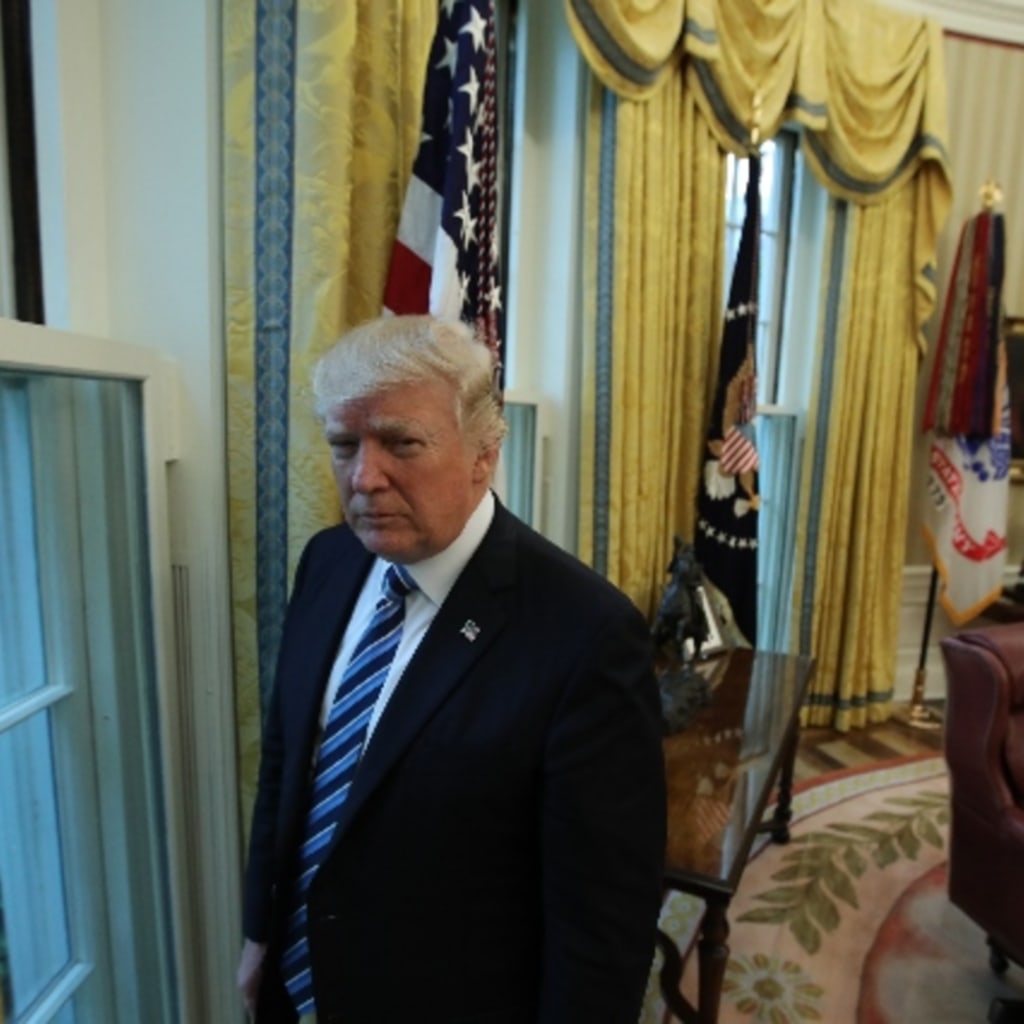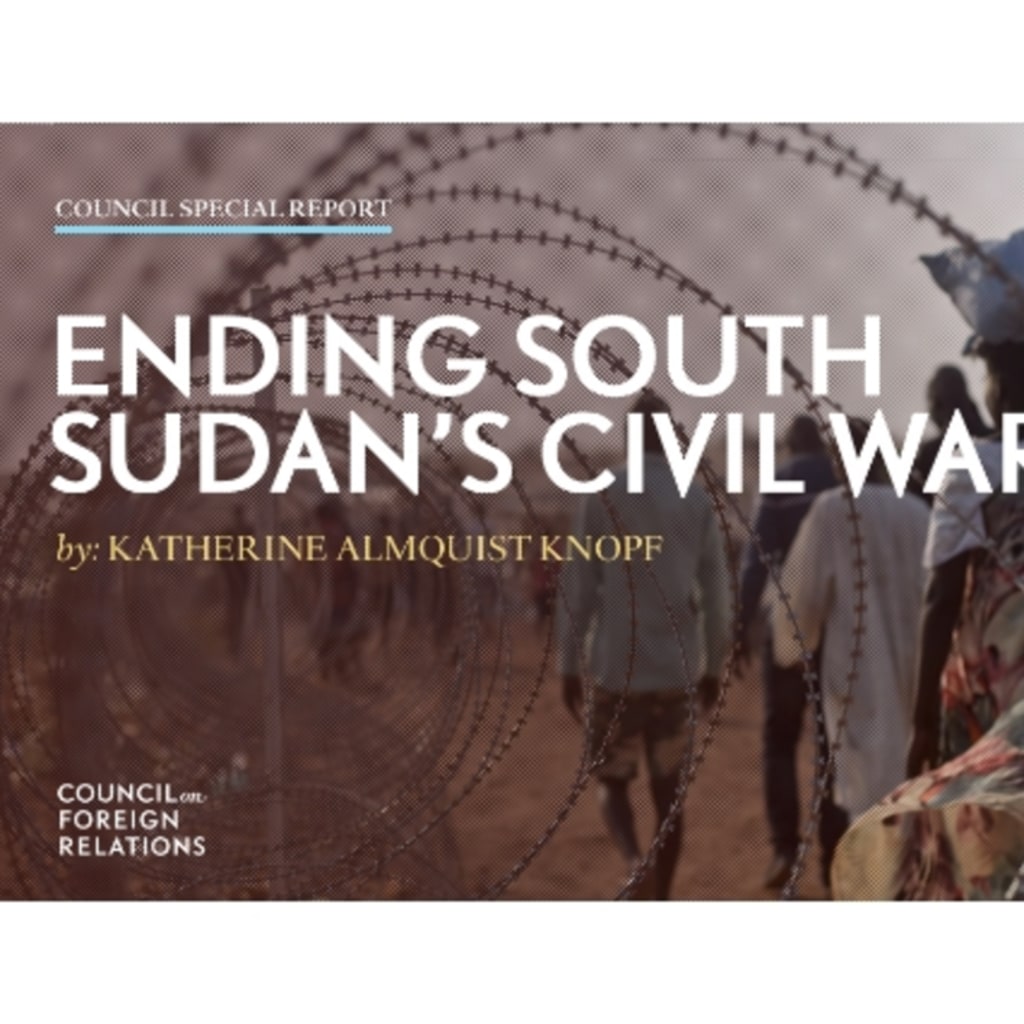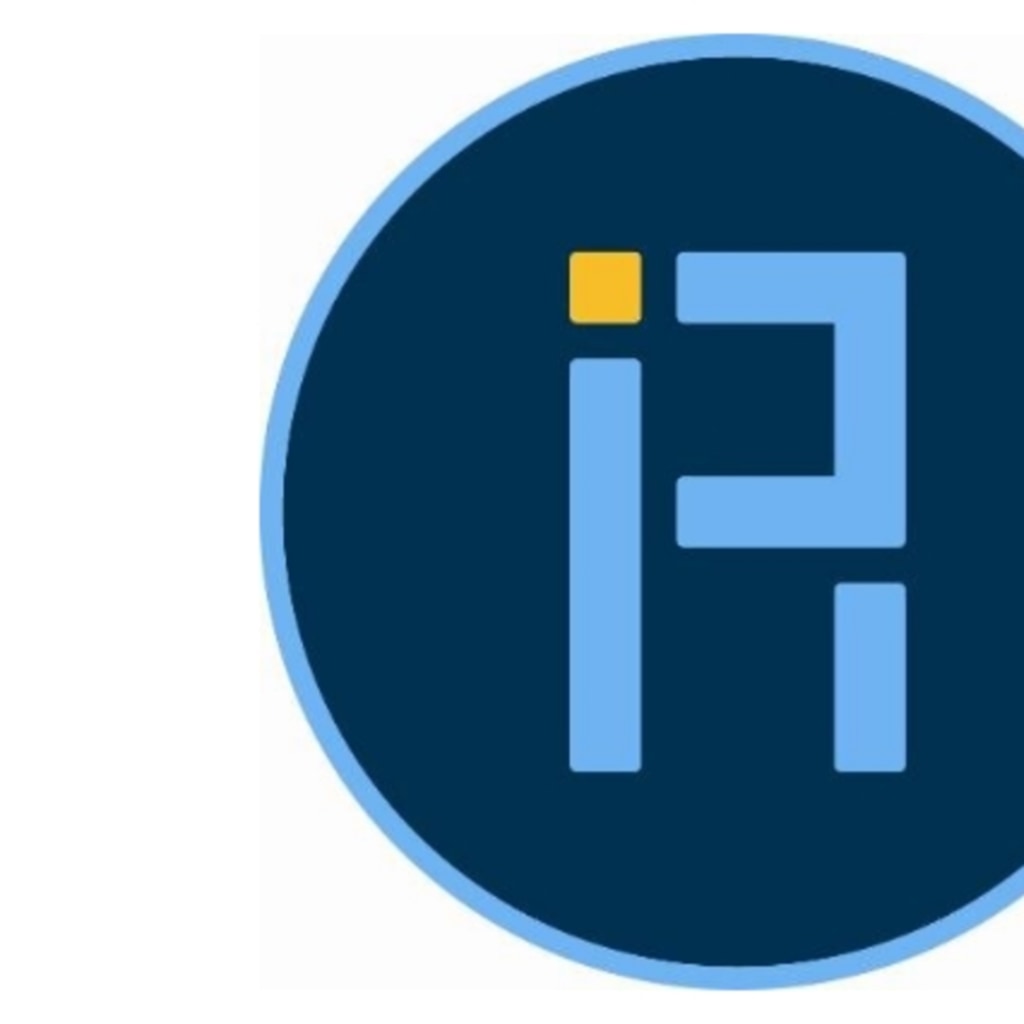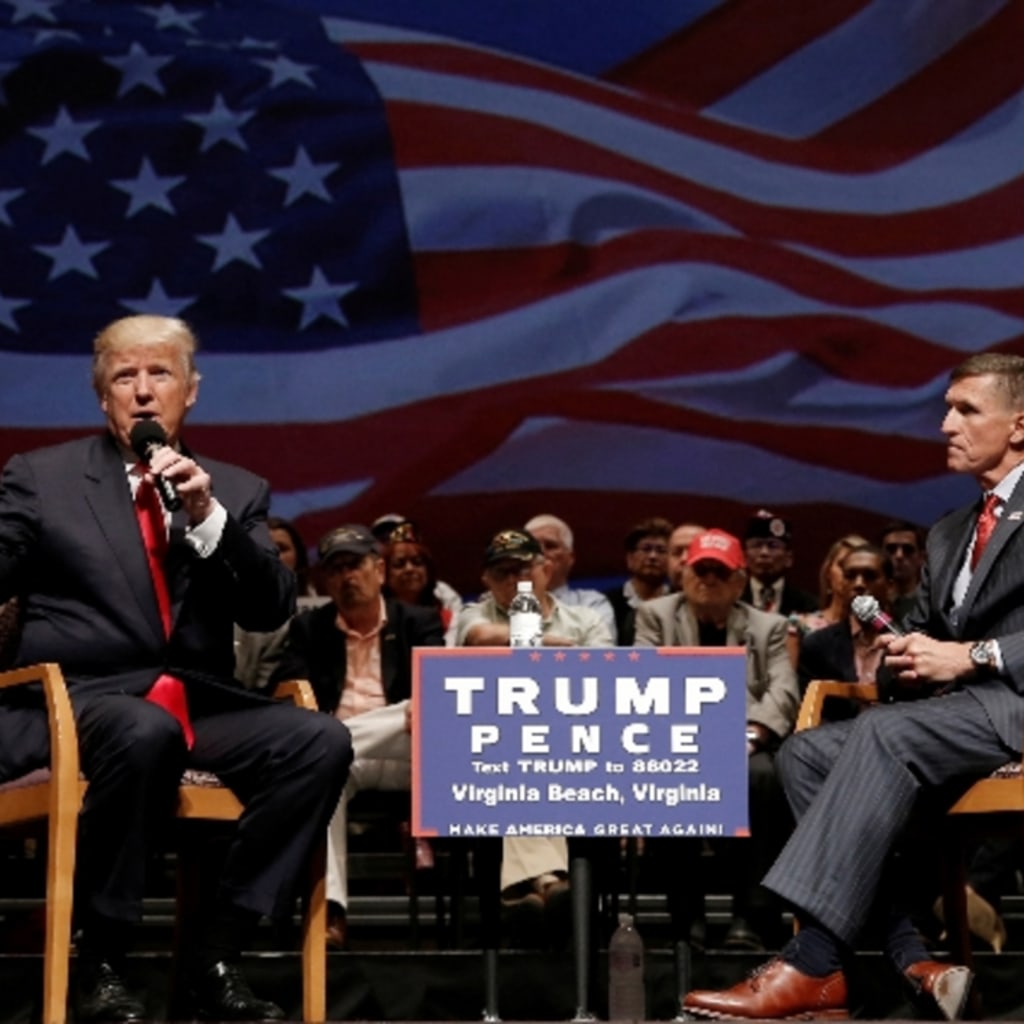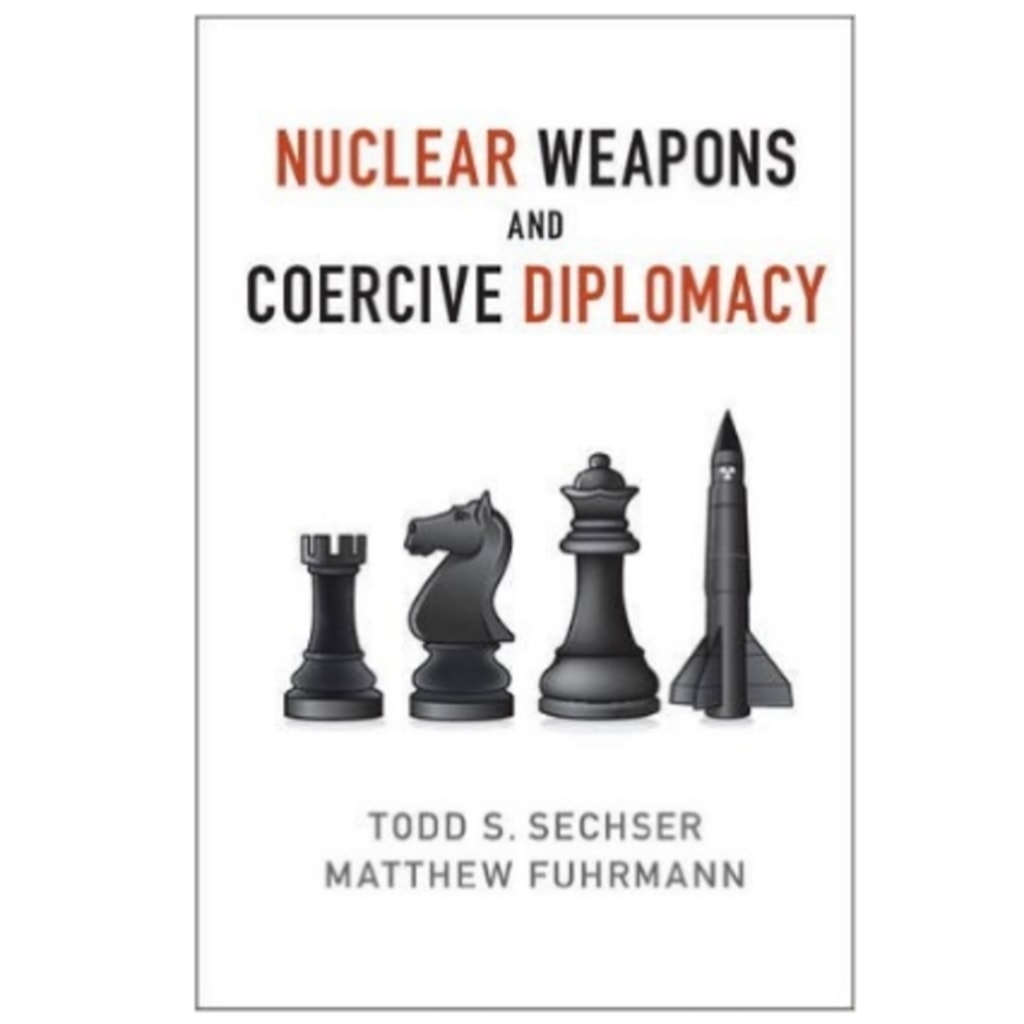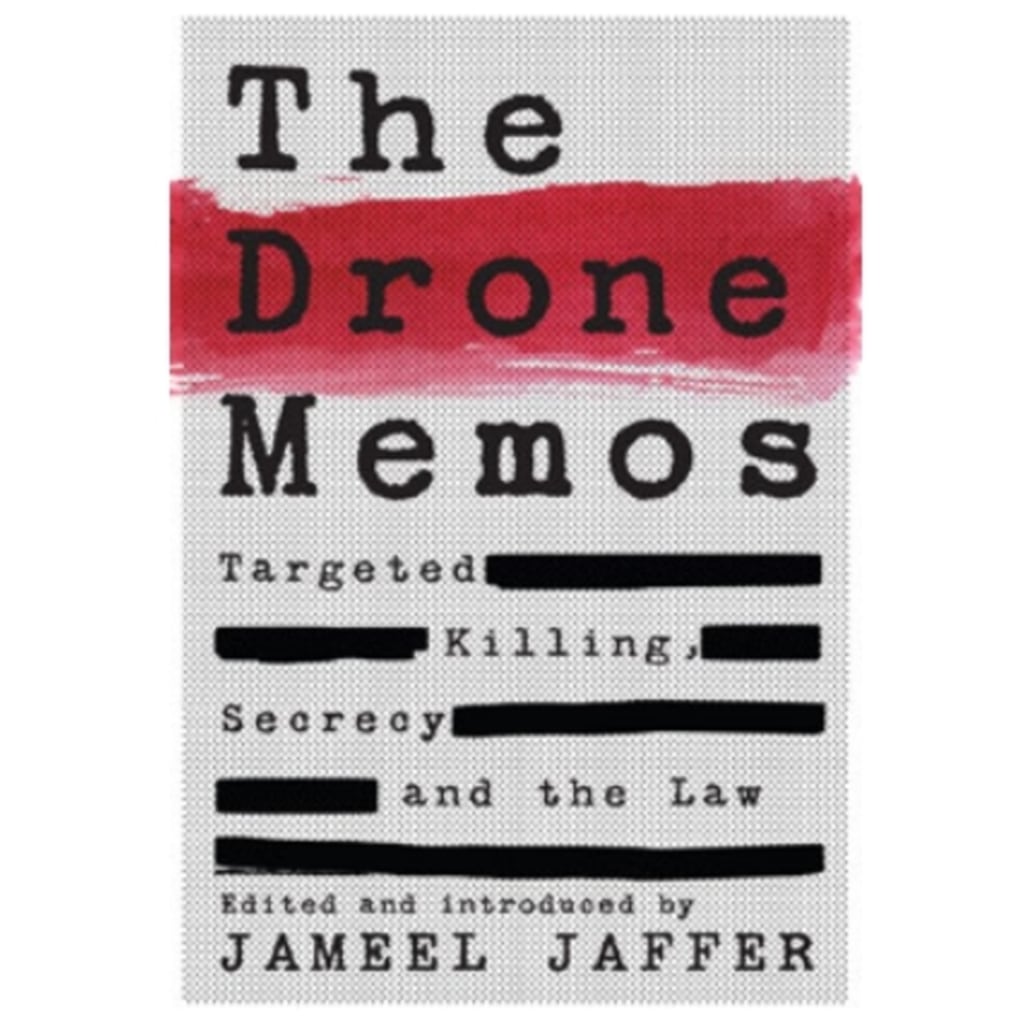Defense and Security
Civil-Military Relations: A Conversation with Kori Schake
Loading...
0:00 / 0:00
Published
Show Notes
Today I spoke with Kori Schake, Research Fellow at the Hoover Institution at Stanford University. We spoke about her new book co-edited with Jim Mattis, Warriors and Citizens: American Views of our Military (Hoover 2016) and what their research reveals about how the public and elites currently view the military—and what that means for national security policy. Kori also offered some candid advice for young national security scholars and an uplifting story featuring the great Harvard Professor Ernie May from early in her career. Follow her work on Twitter @KoriSchake, and listen to my conversation with one of the smartest and most well-respected experts in national security and military affairs.
